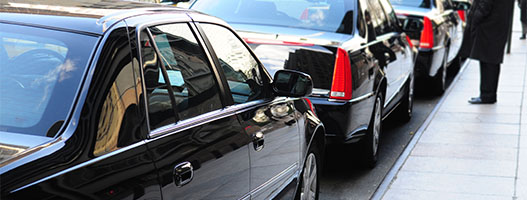
In June, the California Labor Commissioner’s office ruled that San Francisco Uber driver Barbra Anne Berwick was an employee and not an independent contactor, entitling Berwick to more than a $4,000 reimbursement for mileage and toll expenses.
The ruling stated that Berwick’s services were integral to the company’s business model: without drivers, Uber wouldn’t exist.
Uber didn’t agree—and they appealed the decision on June 16.
The ruling is only the latest in a series of legal and regulatory challenges faced by Uber and other startup that has redefined the relationship between companies and employees.
Earlier this year, a state agency in Florida ruled that Uber employees are employees, not independent contractors. In March, a San Francisco federal judge ruled in a class-action lawsuit that Uber drivers are entitled to benefits such as unemployment insurance, workers’ compensation and healthcare.
Uber insists that this ruling only applies to one driver in California.
With the June appeal pending, Uber is not required to change any of their current business practices. However, if the ruling is upheld in California–Uber’s home state and largest market–it’s likely that other states will follow suit, which would result in a large blow to Uber’s bottom line.
Thilo Koslowski, automotive practice leader at Gartner, said that if the ruling is upheld, Uber could explore options that would require drivers to work a certain number of hours in order to be considered employees, while classifying other drivers as part-time independent contractors.
If you’re interested in learning more about the differences between company employees and independent contractors, visit Surgent CPE for the latest courses.




